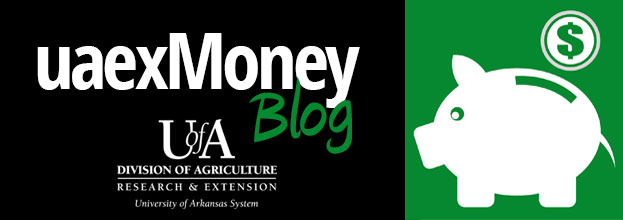
UAEX Money
Keep your finances safe from scammers during the COVID-19 pandemic.
Consumer Safety During COVID-19
Scammers seem to come out in full force during a crisis – especially when there are government checks involved. Beware of any call, text, email, or other contact that asks for personal information such as Social Security number, bank account, credit card, or driver’s license number. Scam emails may look as if they are from the IRS or some other legitimate organization. Say “NO” to requests for personal information.
Economic impact payments will be distributed as checks or direct deposits. The amount is based on income as shown on your 2018 and/or 2019 tax filing information. Payments will be automatically sent to those who filed in 2018 or 2019, people who receive Social Security benefits, and those who receive Railroad Retirement benefits. Others who qualify and have not filed, can enter their information on the IRS website. More details and information for non-filers is available from IRS: https://www.irs.gov/
Within 15 days after the payment is sent, IRS will mail a letter to the taxpayer’s last known address. The letter will confirm how payment was made and give instructions for what to do if you didn’t receive payment. Beware of scam letters too. Always check with the IRS if you receive a letter that seems suspicious. You can also check on your payment on the IRS website.
The Federal Communication Commission offers these tips to help you protect yourself from scams, including coronavirus scams:
- Don’t respond to calls or texts from unknown numbers.
- Be cautious even with numbers you recognize. Scammers can spoof phone numbers to trick you into answering or responding.
- Never share your personal or financial information via email, text messages, or over the phone.
- Be cautious if you’re being pressured to share any information or make a payment immediately.
- Remember that government agencies will never call you to ask for personal information or money.
- Don’t click links in a text message if it seems suspicious.
- Always check on a charity before donating.
Learn more about current scams and how to protect yourself.
- Federal Communications Commission https://www.fcc.gov/covid-scams
- Federal Trade Commission https://www.ftc.gov/coronavirus